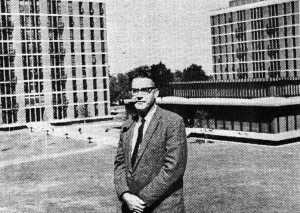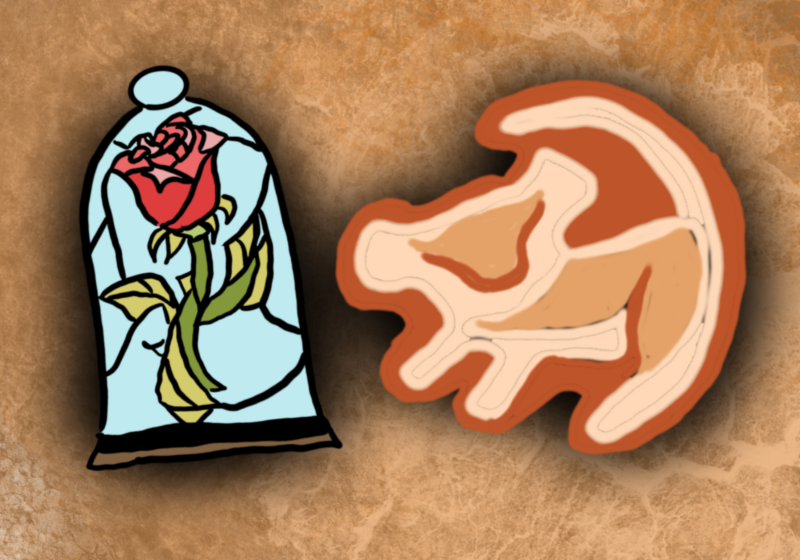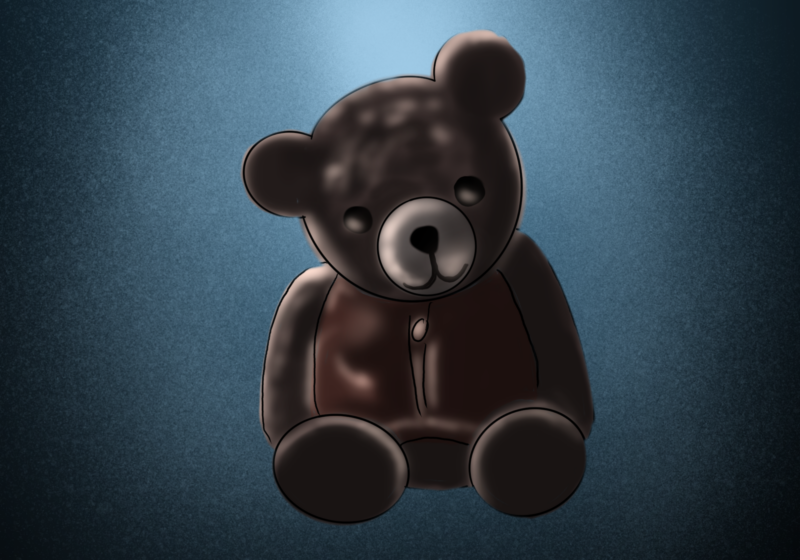For students at UR, the dormitory is a place of refuge, even a home away from home. Our suitemates become family, while our roommates can become our best friends. But there was a time at UR when the dorm wasn’t just a home — instead, it functioned more as a psychological and social experiment. In 1964, that experiment took place in the Anderson and Wilder towers.
Space was an ever-present issue for UR in the ’60s, as class sizes expanded year after year. Anderson and Wilder towers were built to accommodate new students then, much like a new dorm is being constructed today in the vicinity of the Towers. But while suite-style living is seen as the norm for upperclassmen now, it was in its trial stages back when the Towers were first constructed.
Exactly 47 years ago, the Campus Times published an article regarding the University’s decision to create suites, entitled “Replies Indicate Advantages of Towers Suite Experiment.” Back in an era when living arrangements were heavily based on gender, and parietals were in effect to keep members of the opposite sex out of each other’s bedrooms, the University used Towers to conduct an experiment in coed dormitories.
Professor Vincent Nowlis of the Psychology Department was in charge of conducting the experiment, which included sending out surveys to the first students who inhabited Towers. The choice to live in Towers in the ’60s wasn’t based on whether a student had enough points or took part in special-interest housing. Instead individuals were chosen based on a screening process.
At the end of the year, Nowlis collected 48 responses from these individuals and determined that there were several advantages to students living in suites, namely that living in Towers “helped … to prepare students for their life after graduation.”
Unlike other dormitories in 1964, Towers required students to be more responsible for their own actions due to a lack of residential staff. The increased level of responsibility and the natural replication of coed life outside UR were both cited as being positive features of the suites.
In terms of grade point average, Towers was the place to live. Nowlis determined that the students who lived in Towers had higher grades on average than students living in other dorms across campus. Students also listed in their surveys that closer proximity with their peers fostered communication and problem resolution.
However, while closer proximity allowed students to be part of more discussions, the Towers experiment showed that close contact between students made UR’s “Bedroom Rule” obsolete, due to its inability to be enforced.
“The only parietal rule in effect in the Towers that prohibiting members of the opposite sex in one’s bedroom was undoubtedly broken by the majority of residents,” Nowlis stated, based on the replies he received.
In 1964, breaking the “Bedroom Rule” was a serious offense, punishable by the Dean of Students to those who were caught. Acknowledging that there were a few flaws in the suite system, Nowlis suggested that an all-Towers system of government be instituted. With a strong government, Nowlis believed the actions of irresponsible students would be kept in check, and the parietal rules would be better enforced.
Overall, the suites were found to be a successful endeavor — evidenced by the existence of suite-style living at UR today. If only Nowlis were still around, he might be able to determine if the Riverview and Southside apartments continued the trend of developing more mature, responsible individuals.
Olfano is a member of the class of 2012.






